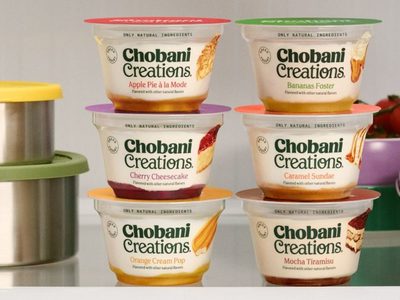
HEERLEN, THE NETHERLANDS — Royal DSM plans to reduce its workforce by about 900 to 1,100 positions, which will result in structural savings of €125 million to €150 million ($143.1 million to $171.7 million), the Heerlen-based company said Aug. 25. The adjustments to its organizational and operating model will include a business growth and efficiency program for its Nutrition business, which DSM will detail at its capital markets day on Nov. 4.
About half of the position cuts will happen in The Netherlands. The reductions should be implemented fully by the end of 2017. One-time restructuring charges, including severance costs, are estimated at €150 million to €175 million before tax. DSM will establish an eight-person executive committee to enable faster strategic alignment and operational execution.
DSM said a further standardization of processes, delayering and elimination of duplications will result in a more efficient pooling of resources. The new organizational model will apply to finance, human resources, legal, information technology, business services, indirect sourcing, communications, corporate departments and regional centers. DSM plans to implement efficiency measures in its research and development centers globally.
DSM business groups will remain the cornerstone of the company, said Feike Sijbesma, chief executive officer and chairman of the managing board for Royal DSM, in an Aug. 25 conference call.
“They can fully focus on what they should focus on: innovation, R.&D., direct sourcing, manufacturing operations, and marketing and sales,” he said.
DSM’s Nutrition business is active in such areas as vitamin E, omega-3 fatty acids and infant nutrition. In the second quarter of this financial year the Nutrition business had EBITDA of €208 million, down 6% from the second quarter of the previous year, and net sales of €1,247 million, up 16%. Overall in the second quarter DSM reported EBITDA of €279 million, up 6%, and net sales of €1,965 million, up 12%.
The company’s reorganization plans come after several years of acquisition activity. For example, DSM in 2012 acquired a supplier of omega-3 fatty acid ingredients in Ocean Nutrition Canada, a supplier of food ingredient blends in Fortitech and Cargill’s cultures and enzymes business.
“After a period of acquisitions, we now focus on organic growth,” Mr. Sijbesma said.


